
Code: 01969951
Formal Logic
by Paul Lorenzen, Frederick J. Crosson
"Logic", one of the central words in Western intellectual history, compre hends in its meaning such diverse things as the Aristotelian syllogistic, the scholastic art of disputation, the transcendental logic of the Kantian critiqu ... more
- Language:
 English
English - Binding: Hardback
- Number of pages: 123
Publisher: Springer
- More about this

140.34 €

Low in stock at our supplier
Shipping in 10 - 15 days
Potřebujete více kusů?Máte-li zájem o více kusů, prověřte, prosím, nejprve dostupnost titulu na naši zákaznické podpoře.
Add to wishlist
You might also like
-

Impact Assessment and Evaluation in Transportation Planning
140.34 € -
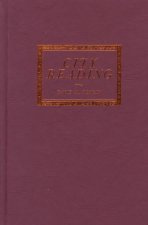
City Reading
150.43 € -

Defending Your Brand
63.63 € -4 % -

Legal Ethics in Child Custody and Dependency Proceedings
60.74 € -

Goodness and Justice
53.33 € -

Single Nucleotide Polymorphisms
155.89 € -

Forest BioEnergy Production
219.01 € -

HTML: A Beginner's Guide, Fifth Edition
40.66 € -4 % -
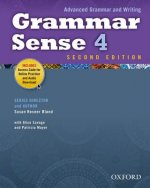
Grammar Sense: 4: Student Book with Online Practice Access Code Card
102.03 € -
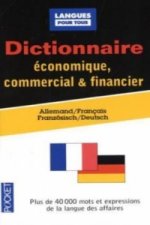
Dictionnaire économique, commercial et financier, Allemand-français. Wörterbuch für Wirtschaft, Handel und Finanzwesen, französisch-deutsch
16.26 € -

maskierte Eros
313.53 € -

Gemeinschaftsfahiges Handeln im Rahmen von ausserschulisch erzieherischen Tatigkeiten
44.37 € -

Anasthase Und Das Untier Richard Wagner
28.51 € -

Die schönsten Wanderungen zwischen Rennsteig und Saale
18.22 € -5 %
Give this book as a present today
- Order book and choose Gift Order.
- We will send you book gift voucher at once. You can give it out to anyone.
- Book will be send to donee, nothing more to care about.
More about Formal Logic
You get 345 loyalty points
 Book synopsis
Book synopsis
"Logic", one of the central words in Western intellectual history, compre hends in its meaning such diverse things as the Aristotelian syllogistic, the scholastic art of disputation, the transcendental logic of the Kantian critique, the dialectical logic of Hegel, and the mathematical logic of the Principia Mathematica of Whitehead and Russell. The term "Formal Logic", following Kant is generally used to distinguish formal logical reasonings, precisely as formal, from the remaining universal truths based on reason. (Cf. SCHOLZ, 1931). A text-book example of a formal-logical inference which from "Some men are philosophers" and "All philosophers are wise" concludes that "Some men are wise" is called formal, because the validity of this inference depends only on the form ofthe given sentences -in particular it does not depend on the truth or falsity of these sentences. (On the dependence of logic on natural language, English, for example, compare Section 1 and 8). The form of a sentence like "Some men are philosophers", is that which remains preserved when the given predicates, here "men" and "philosophers" are replaced by arbitrary ones. The form itself can thus be represented by replacing the given predicates by variables. Variables are signs devoid of meaning, which may serve merely to indicate the place where meaningful constants (here the predicates) are to be inserted. As variables we shall use - as did Aristotle - letters, say P, Q and R, as variables for predicates.
 Book details
Book details
Book category Books in English Humanities Philosophy Philosophy: logic
140.34 €
- Full title: Formal Logic
- Author: Paul Lorenzen, Frederick J. Crosson
- Language:
 English
English - Binding: Hardback
- Number of pages: 123
- EAN: 9789027700803
- ISBN: 902770080X
- ID: 01969951
- Publisher: Springer
- Weight: 820 g
- Dimensions: 234 × 156 × 12 mm
Trending among others
-

Rulebook for Arguments
18.22 € -10 % -
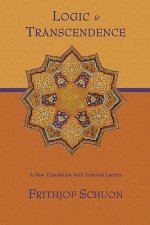
Logic and Transcendence
23.06 € -2 % -
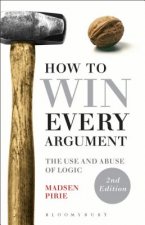
How to Win Every Argument
27.89 € -11 % -

Critical Thinking
51.48 € -
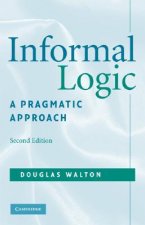
Informal Logic
33.46 € -19 % -
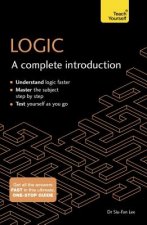
Logic: A Complete Introduction: Teach Yourself
16.67 € -23 % -
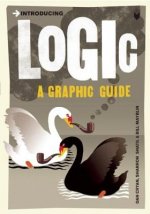
Introducing Logic
10.18 € -22 % -
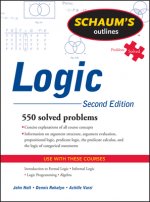
Schaum's Outline of Logic, Second Edition
28.41 € -15 % -
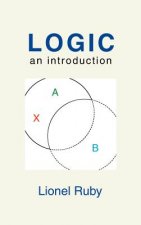
Logic
52.40 € -
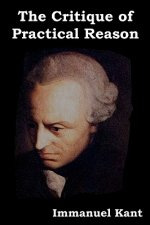
Critique of Practical Reason
19.25 € -

Why Is There Philosophy of Mathematics At All?
30.98 € -9 % -
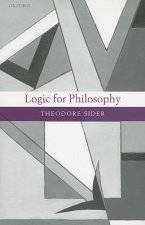
Logic for Philosophy
31.60 € -

Critical Thinking
45.09 € -
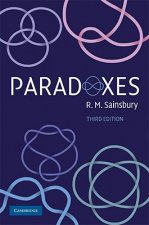
Paradoxes
30.06 € -12 % -
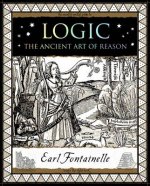
Logic
8.74 € -15 % -
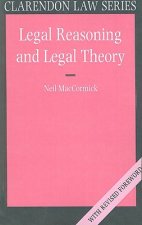
Legal Reasoning and Legal Theory
100.80 € -

Bad Arguments - 100 of the Most Important Fallacies in Western Philosophy
19.66 € -2 % -

Fallacy Detective
27.07 € -19 % -
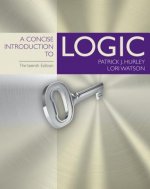
Concise Introduction to Logic
125.41 € -

Teach Yourself To Think
12.35 € -23 % -
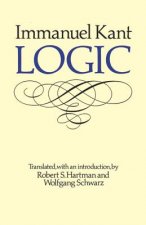
Logic
10.90 € -4 % -

Introduction to Critical Thinking and Creativity - Think More, Think Better
88.85 € -
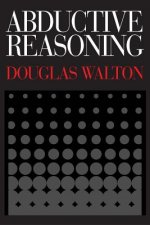
Abductive Reasoning
39.63 € -
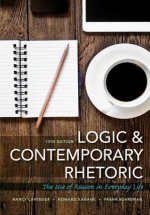
Logic and Contemporary Rhetoric
98.22 € -
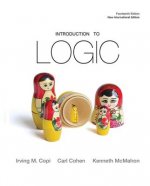
Introduction to Logic
222.61 € -
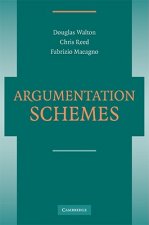
Argumentation Schemes
50.03 € -
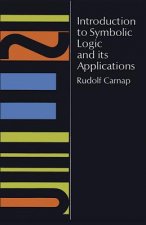
Introduction to Symbolic Logic and Its Applications
13.27 € -19 % -

Critical Thinking
40.66 € -

Chomsky Notebook
41.59 € -5 % -
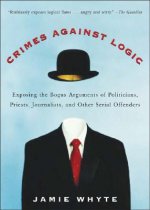
Crimes Against Logic: Exposing the Bogus Arguments of Politicians, Priests, Journalists, and Other Serial Offenders
19.97 € -14 % -
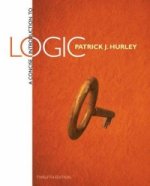
Concise Introduction to Logic
109.65 € -

How to Play Dialogues. An Introduction to Dialogical Logic
26.97 € -
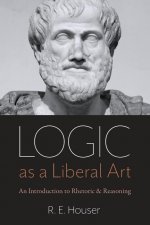
Logic as a Liberal Art
46.74 € -

Reason and Argument
84.01 € -

Critical Thinking
57.96 € -
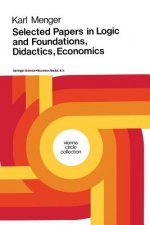
Selected Papers in Logic and Foundations, Didactics, Economics
278.73 € -
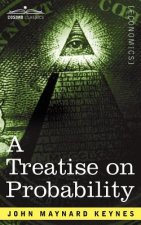
Treatise on Probability
31.19 € -
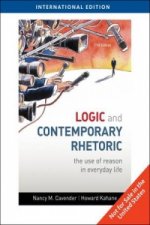
Logic and Contemporary Rhetoric
99.87 € -

Critical Thinking Toolkit
39.02 € -
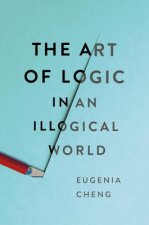
Art of Logic in an Illogical World
26.87 € -6 % -
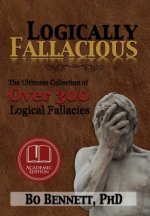
Logically Fallacious
49.31 € -3 % -

Interpretation of the Logic of Hegel
92.77 € -
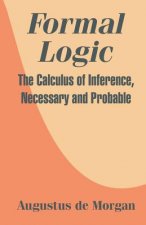
Formal Logic
25.22 € -
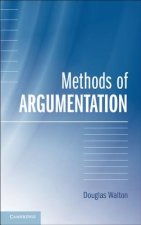
Methods of Argumentation
44.68 € -
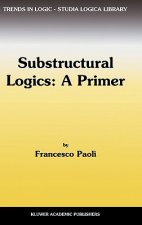
Substructural Logics: A Primer
316.42 € -

Critical Thinking Tests
18.83 € -13 % -
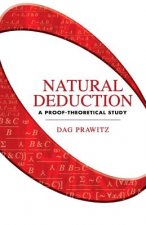
Natural Deduction
11.01 € -3 % -
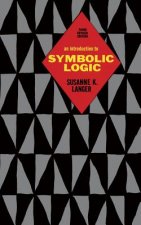
Introduction to Symbolic Logic
30.16 € -3 % -

Epistemic Lightness of Truth
149.09 €
Collection points Bratislava a 2642 dalších
Copyright ©2008-24 najlacnejsie-knihy.sk All rights reservedPrivacyCookies


 15549 collection points
15549 collection points Delivery 2.99 €
Delivery 2.99 € 02/210 210 99 (8-15.30h)
02/210 210 99 (8-15.30h)